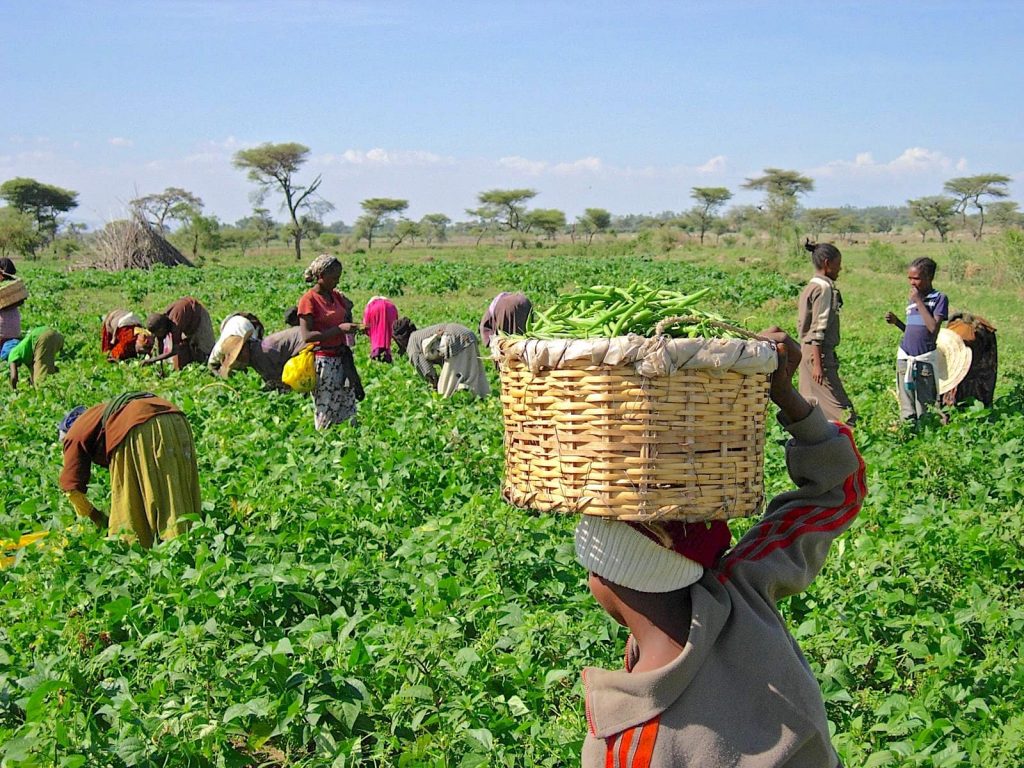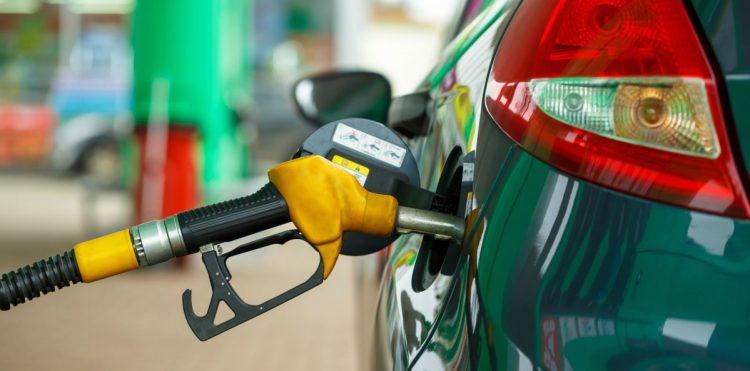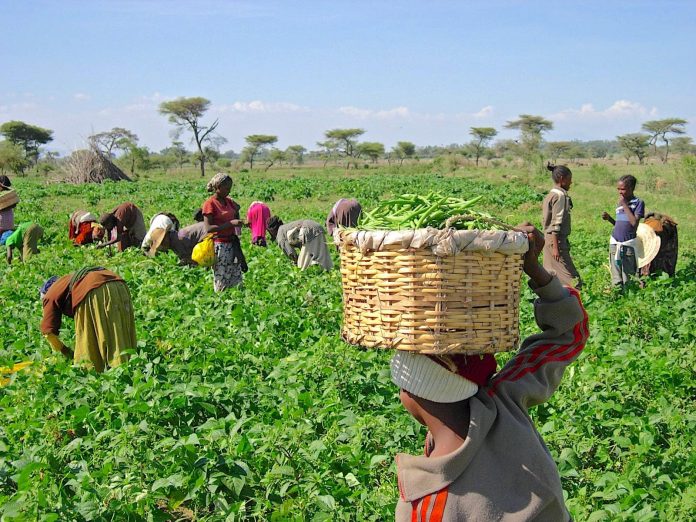
Ghana’s agriculture sector is poised for a substantial financial boost in 2025, as the government, in collaboration with development partners, commits a total of GHS 2.9 billion to revitalise farming, strengthen food security, and reduce the country’s dependence on food imports.
Details of the investment, outlined in the 2025–2028 Medium-Term Expenditure Framework, reveal that the funds will be channelled into a range of priority initiatives under the Ministry of Food and Agriculture. These include the flagship Feed Ghana programme, expanded mechanisation services, enhanced irrigation networks, livestock development, and post-harvest infrastructure projects aimed at reducing losses and improving market access.
The financing plan shows that the government—drawing from its own budget and Internally Generated Funds (IGF)—will contribute GHS 1.61 billion, representing 55.3% of the total package. Development partners will provide the remaining GHS 1.3 billion (44.7%), underscoring the role of international collaboration in advancing Ghana’s agricultural transformation agenda.
A breakdown of the allocation indicates that GHS 226.6 million is earmarked for employee compensation, GHS 1.13 billion will go into goods and services, while the largest share—GHS 1.55 billion—will fund capital expenditure. This includes investments in farm machinery, storage facilities, irrigation systems, and other long-term assets critical for sustainable growth.
This funding injection is closely aligned with the government’s Agriculture for Economic Transformation Agenda (AETA), which focuses on modernising the sector, improving productivity, and creating sustainable employment across the agricultural value chain. Officials say the initiative will not only boost domestic food supply but also help shield the economy from global food price shocks.
In addition to these investments, the Medium-Term Framework outlines an ambitious policy push to address Ghana’s heavy reliance on imported palm oil—a commodity that currently costs the nation around US$2 billion annually. The government plans to scale up domestic palm oil production by distributing 1.5 million high-yield oil palm seedlings to farmers under a soon-to-be-launched National Palm Oil Industry Policy. The strategy also seeks to diversify into high-value tree crops, creating new income streams for farmers and expanding the country’s agro-export base.
Agricultural experts have welcomed the announcement, noting that the success of the programme will depend on effective implementation, strong farmer engagement, and complementary policies on land use, market access, and financing for smallholder farmers.
If implemented as planned, the initiative could mark a turning point in Ghana’s journey towards agricultural self-sufficiency, reduced import dependence, and a more resilient rural economy.

























































![[FREE FREE MONEY] Predict and Win a Guaranteed GH¢200 From Us EVERY WEEK](https://wordpress.ghanatalksradio.com/wp-content/uploads/2022/02/Predict-and-Win-Final-09-03-2021-218x150.jpg)
![[Predict & Win – 8th/Oct.] WIN A Guaranteed ¢200 From Us This Week](https://wordpress.ghanatalksradio.com/wp-content/uploads/2021/10/maxresdefault-16-218x150.jpg)
![[Predict & Win – 2nd] WIN A Guaranteed ¢200 From Us This Week](https://wordpress.ghanatalksradio.com/wp-content/uploads/2021/09/maxresdefault-50-218x150.jpg)
![[Predict & Win – 25th] WIN A Guaranteed ¢200 From Us This Week](https://wordpress.ghanatalksradio.com/wp-content/uploads/2021/09/maxresdefault-36-218x150.jpg)
![[Predict & Win – 18th] WIN A Guaranteed ¢200 From Us This Week](https://wordpress.ghanatalksradio.com/wp-content/uploads/2021/09/maxresdefault-23-218x150.jpg)












![[National cathedral] See full list of churches that have contributed since 2018](https://wordpress.ghanatalksradio.com/wp-content/uploads/2020/09/Ghana-National-Cathedral-GhanaTalksRadio-100x70.jpg)


![[Ukraine war] Russia to open war enlisting hub on Georgia border](https://wordpress.ghanatalksradio.com/wp-content/uploads/2022/09/Men-women-as-well-as-young-children-have-been-desperately-trying-to-flee-Russia-100x70.jpeg)
